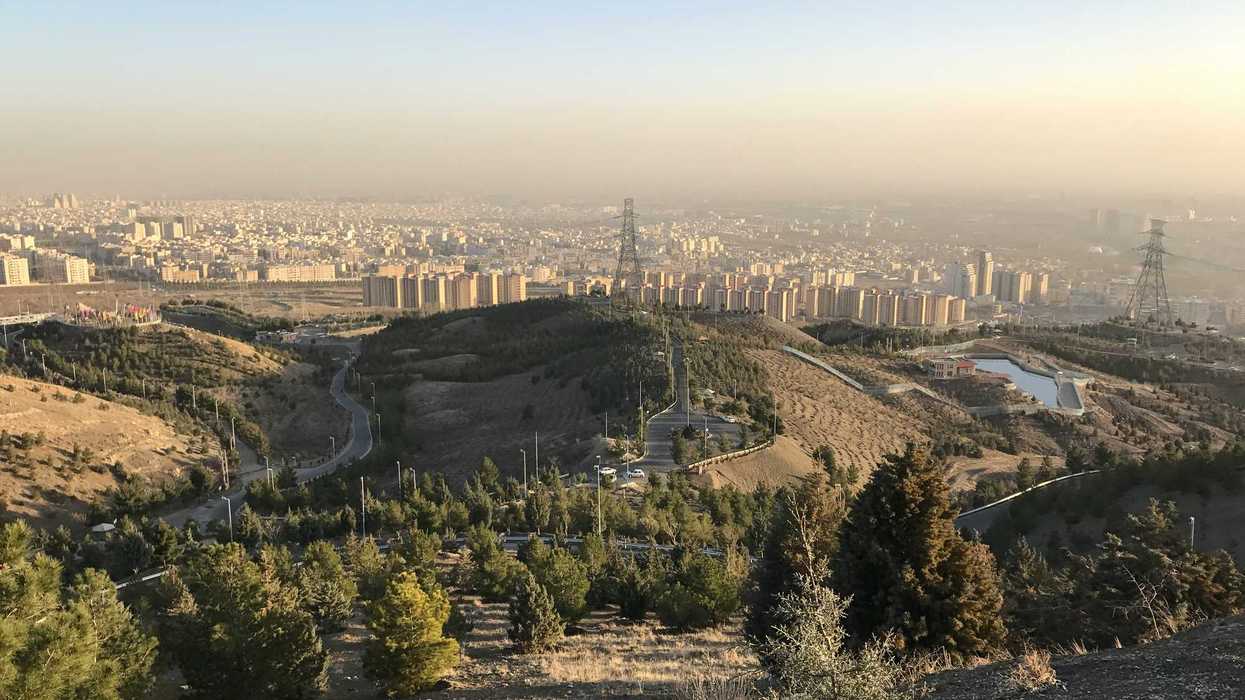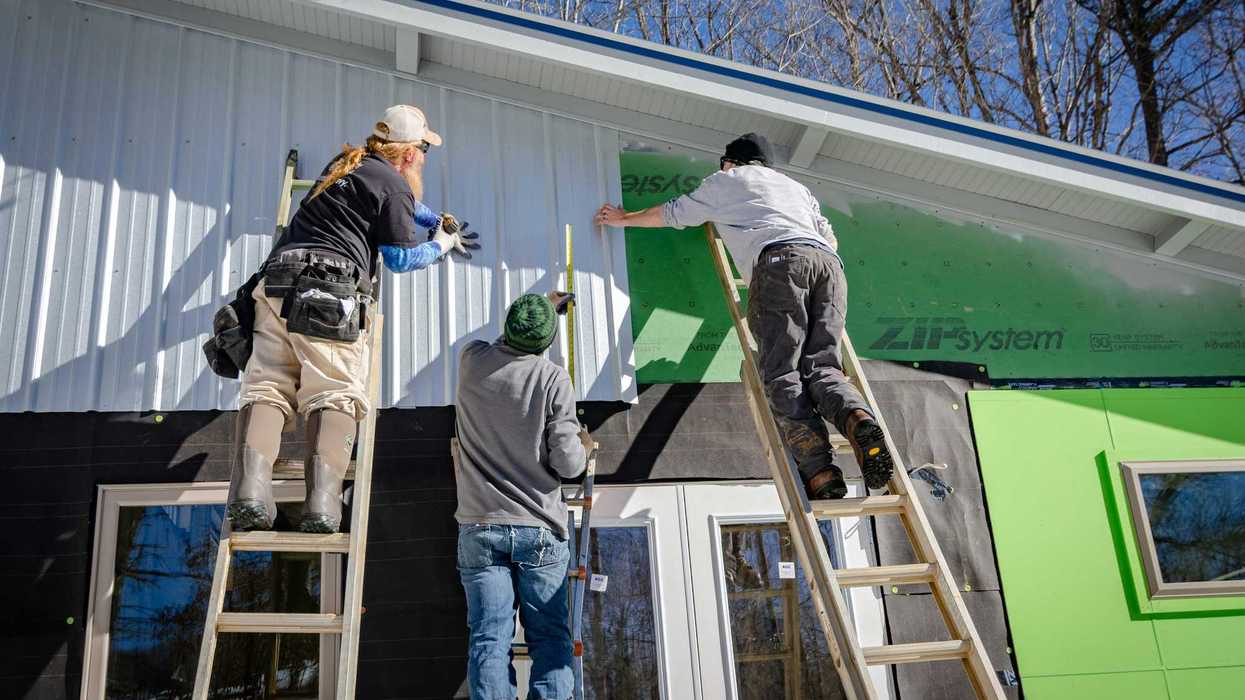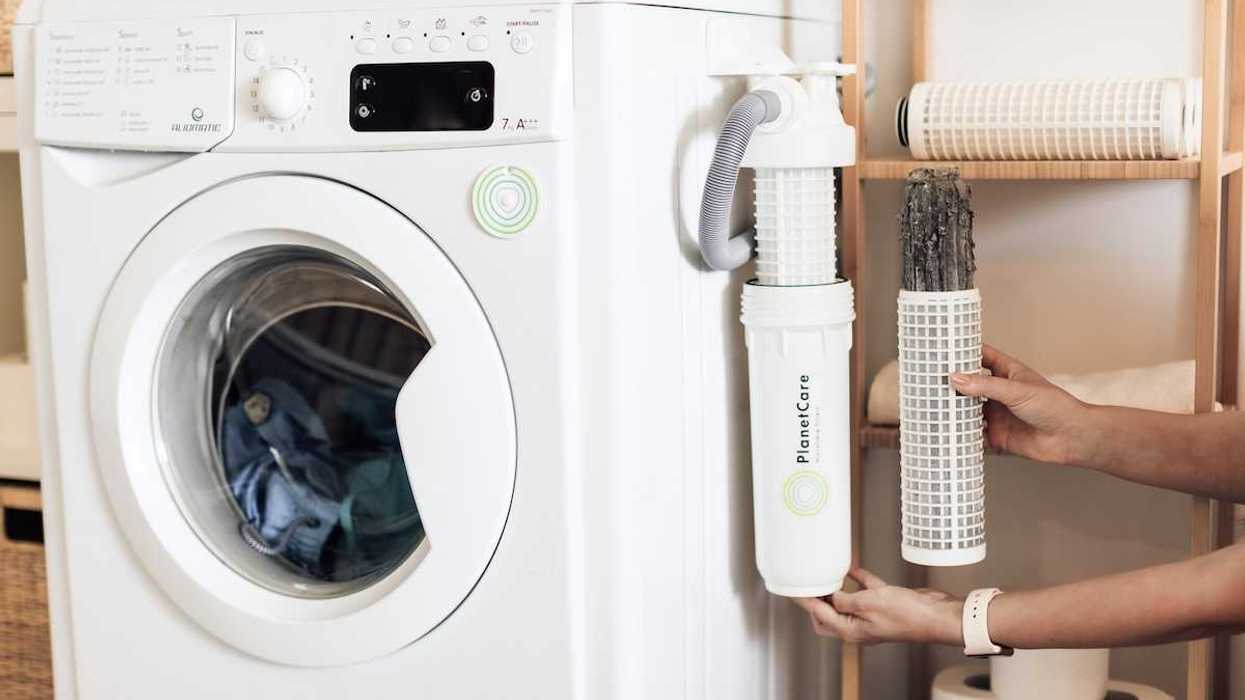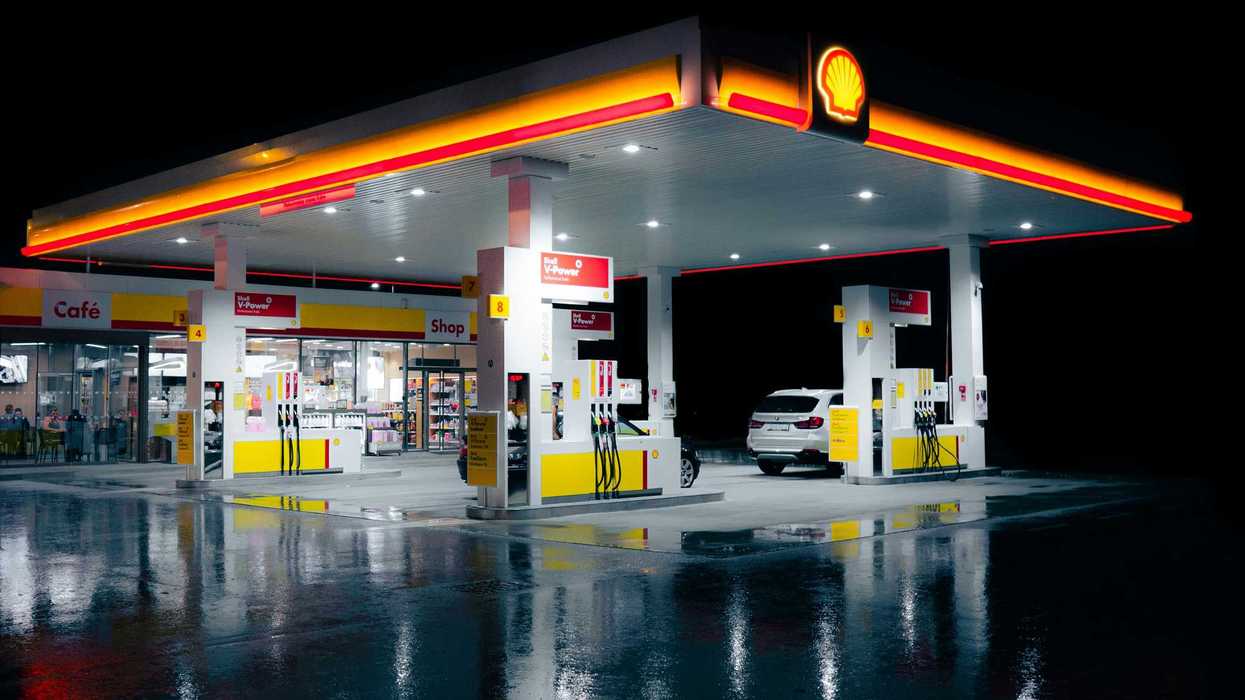Tests reveal hazardous lead levels in the soil and blood of families living near Africa's battery recycling sites.
Will Fitzgibbon, reports for The Examination and Grist.
- Battery recycling first migrated to Africa from India more than two decades ago, drawn by the promise of cheap labor and weak environmental protections.
- Hastening the exodus, India enacted rules governing the safe handling of lead but to this day no such protections exist in Africa where lead recycling is a multi-billion dollar business.
- As a result, Indian battery recyclers thrived in Africa even as nearby residents sickened from lead-induced illnesses that went largely ignored by government officials.
Key quote:
“The sky is the limit.”
— Indian Prime Minister, Narendra Modi
Why this matters:
Experts call battery recycling one of the most polluting industries in the world. Lead pollution is a critical global health issue, particularly harmful to children, with life-threatening and lifelong health and societal repercussions.
Vulnerable communities struggle for environmental justice against government sanctioned injustice.














